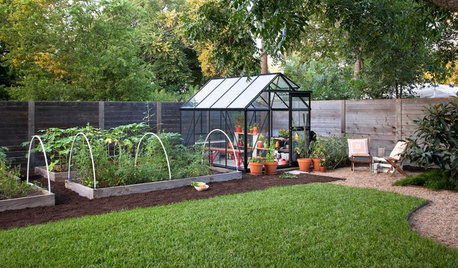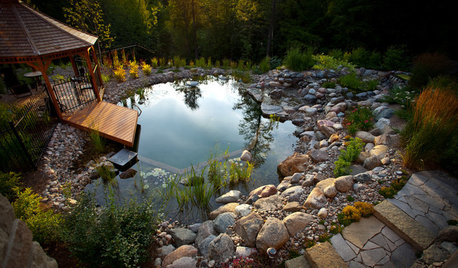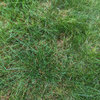aerating
raindrop1008
9 years ago
Related Stories

LANDSCAPE DESIGNGet Along With Less Lawn — Ideas to Save Water and Effort
Ditch the mower and lower your water bill while creating a feast for the eyes with diverse plantings and gathering places
Full Story
LANDSCAPE DESIGNKoi Find Friendly Shores in Any Garden Style
A pond full of colorful koi can be a delightful addition to just about any landscape or garden
Full Story
GARDENING GUIDESGet on a Composting Kick (Hello, Free Fertilizer!)
Quit shelling out for pricey substitutes that aren’t even as good. Here’s how to give your soil the best while lightening your trash load
Full Story
EDIBLE GARDENSA Formerly Weedy Lot Now Brims With Edibles and Honeybees
Photographers transform their barren backyard into an oasis filled with fruit, vegetables, honey, eggs and more
Full Story
GARDENING GUIDESGardening Solutions for Heavy Clay Soils
What’s a gardener to do with soil that’s easily compacted and has poor drainage? Find out here
Full Story
LANDSCAPE DESIGNNatural Swimming Pools: More Beauty, No Chemicals
Keep your skin and the environment healthy with a pool that cleans itself, naturally
Full Story
LANDSCAPE DESIGNSecrets of a Successful Water Garden
Relax. Having a water garden is much easier once you understand the basics
Full Story
PRODUCT PICKSGuest Picks: Bathroom Remodel Items Worth the Plunge
Make a splash in your renovated bathroom with these sinks, tubs, lighting fixtures and accessories
Full Story
EARTH DAYThe Case for Losing the Traditional Lawn
Work less, help the environment and foster connections by just saying no to typical turf
Full Story
ARCHITECTUREHow Thermal Mass Keeps You Warm and Cool
Passive solar design makes use of this element. Here’s how it works and how you can get it in your home
Full StoryMore Discussions








dchall_san_antonio
gardengal48 (PNW Z8/9)
Related Professionals
Fort Lee Landscape Architects & Landscape Designers · Lake Oswego Landscape Architects & Landscape Designers · Owings Mills Landscape Architects & Landscape Designers · Anderson Landscape Contractors · Addison Landscape Contractors · Azalea Park Landscape Contractors · East Chicago Landscape Contractors · Fairhope Landscape Contractors · Fort Mill Landscape Contractors · Mission Bend Landscape Contractors · Ringwood Landscape Contractors · Wareham Landscape Contractors · West Palm Beach Landscape Contractors · New Carrollton Landscape Contractors · Orangevale Swimming Pool Buildersanthony703
danielj_2009
gardengal48 (PNW Z8/9)
MichaelMassapequa
danielj_2009
morpheuspa (6B/7A, E. PA)
beckyinrichmond
andy10917
raindrop1008Original Author
morpheuspa (6B/7A, E. PA)
morpheuspa (6B/7A, E. PA)